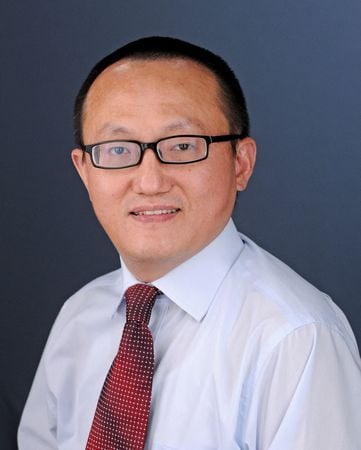By Nate Raymond
(Reuters) – A federal judge on Tuesday tossed most of a University of Kansas chemical engineering professor’s conviction for concealing work he did in China while conducting U.S. government-funded research, in the latest setback for a crackdown on Chinese influence within American academia.
U.S. District Judge Julie Robinson in Kansas City, Kansas, ruled prosecutors presented insufficient evidence to support Feng “Franklin” Tao’s conviction on three wire fraud counts in April by a jury in her courtroom.
She upheld his conviction on one count of making a false statement.
Prosecutors had accused him of concealing his affiliation with Fuzhou University in China from the University of Kansas and two federal agencies that provided grant funding for the professor’s research.
But Robinson said that while Tao was “deceptive” in not disclosing his activities in China, there was “no evidence that Tao obtained money or property through the alleged scheme to defraud, as required under the wire fraud statute.”
The U.S. Department of Justice declined to comment.
Tao is one of about two dozen academics who have been charged in the Justice Department’s “China Initiative,” which was launched during former President Donald Trump’s administration to counter suspected Chinese economic espionage and research theft.
The Justice Department in February ended the initiative following several failed prosecutions and criticism that it chilled research and fueled bias against Asians, though it said it would continue pursuing cases over national security threats posed by China.
“This will hopefully drive a final stake through the heart of these China Initiative cases,” Peter Zeidenberg, Tao’s lawyer, said regarding Tuesday’s ruling.
Prosecutors said Tao was working on renewable energy projects at the University of Kansas when, in 2018, he signed a contract with Fuzhou University that required him to be a full-time employee.
Prosecutors asserted that Tao falsely claimed in reports filed with the University of Kansas that he had no conflicts of interest, allowing him to defraud the school, the U.S. Department of Energy and the National Science Foundation. He denied wrongdoing.
(Reporting by Nate Raymond in Boston, Editing by Alexia Garamfalvi and Howard Goller)
